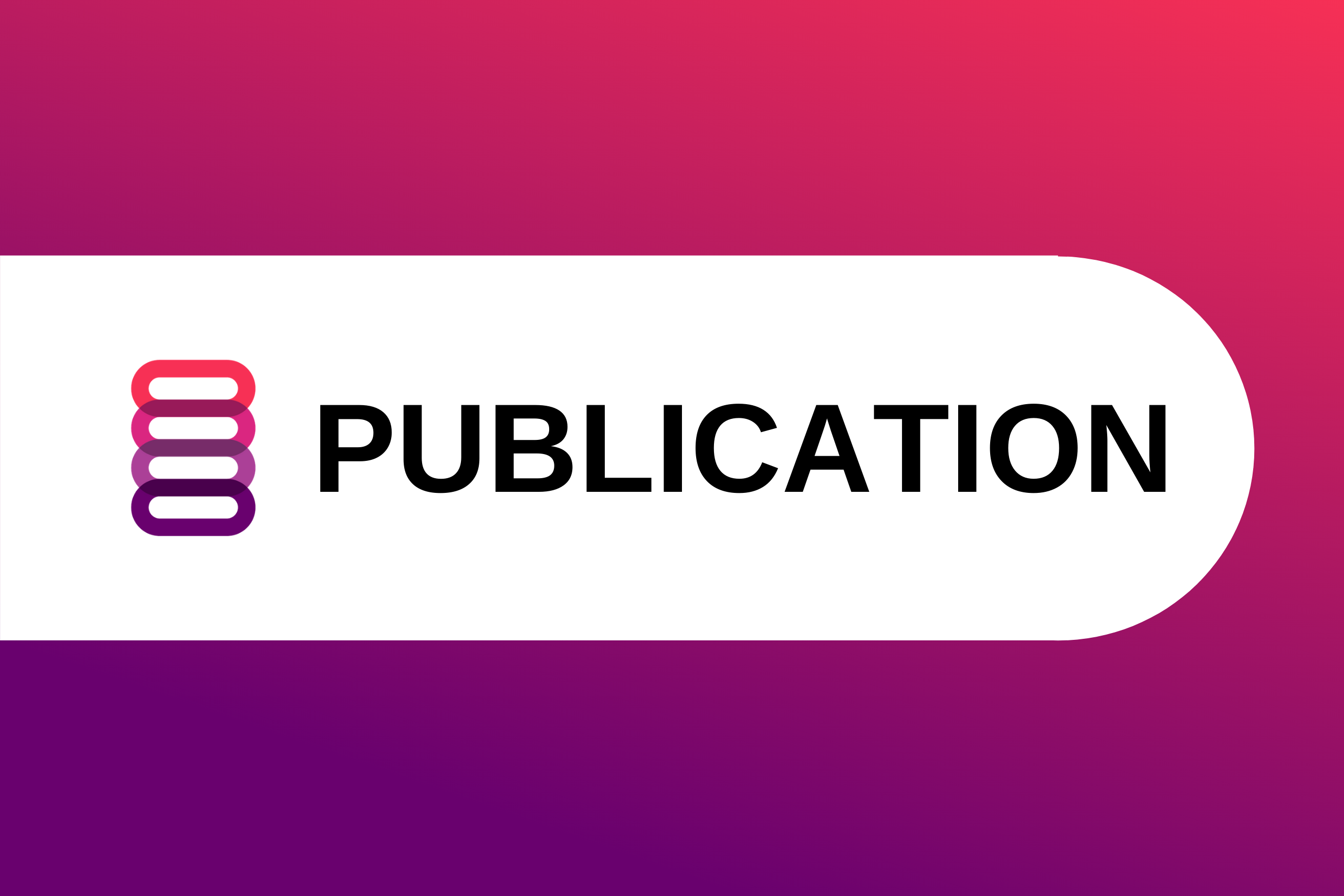Approximately 39 percent of private sector workers in Maryland lack paid sick time, and low-income and part-time workers are especially unlikely to be covered. Access to paid sick time promotes safe and healthy work environments by reducing the spread of illness (Kumar, et al. 2013; Drago 2010) and workplace injuries (Asfaw, Pana-Cryan, and Rosa 2012), reduces health care costs (Miller, Williams, and Yi 2011), and helps working adults fulfill caregiving responsibilities (Allen, et al. 2014). This briefing paper presents estimates of access to paid sick time in Maryland by sex, race and ethnicity, occupation, part/full-time employment status, and earnings levels through analyses of government data sources, including the 2013–2015 National Health Interview Survey (NHIS) and the 2015 American Community Survey (ACS).
Access to Paid Sick Time in Maryland
By Jessica Milli|2020-10-30T16:39:56-05:00January 18, 2017|IWPR|Comments Off on Access to Paid Sick Time in Maryland



